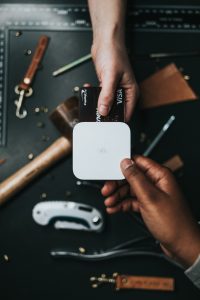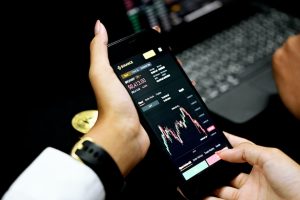Forex trading, also known as foreign exchange trading, is the buying and selling of currencies in the global marketplace. It is one of the most popular forms of trading, with an estimated $5.3 trillion traded daily. Forex trading can be a lucrative venture for those who are willing to put in the time and effort to learn the ins and outs of the market. In this article, we will discuss how to forex trading for beginners.
Step 1: Learn the basics
The first step in forex trading for beginners is to learn the basics of the market. This includes understanding how currencies are traded, what influences the price of currencies, and the different types of trading strategies.
Currency pairs: Forex trading involves buying and selling currency pairs. These pairs consist of two currencies, with the first currency being the base currency and the second currency being the quote currency. For example, in the EUR/USD currency pair, the euro is the base currency and the US dollar is the quote currency.
Factors that influence currency prices: There are several factors that can influence the price of currencies, including economic indicators, geopolitical events, and central bank policies. Understanding these factors can help traders make informed decisions when trading.
Trading strategies: There are several different trading strategies that traders can use when trading forex. These include day trading, swing trading, and position trading. Each strategy has its own advantages and disadvantages, and it is important to choose a strategy that fits your trading style and goals.
Step 2: Choose a broker
Once you have a basic understanding of forex trading, the next step is to choose a broker. A forex broker is a company that provides traders with access to the forex market. There are many different brokers to choose from, and it is important to do your research to find a reputable broker that meets your needs.
Some factors to consider when choosing a broker include:
Regulation: It is important to choose a broker that is regulated by a reputable regulatory body, such as the Financial Conduct Authority (FCA) or the National Futures Association (NFA).
Trading platform: The trading platform is the software that traders use to place trades, manage positions, and access market data. It is important to choose a broker that offers a user-friendly and reliable trading platform.
Fees and commissions: Brokers typically charge fees and commissions for their services. It is important to choose a broker that offers competitive fees and commissions.
Customer support: Forex trading can be complex, and it is important to choose a broker that offers good customer support. This can include phone support, email support, and live chat support.
Step 3: Open a demo account
Before you start trading with real money, it is a good idea to open a demo account with your chosen broker. A demo account allows you to practice trading in a simulated environment using virtual money. This can help you get a feel for the market and test out your trading strategies without risking any real money.
Step 4: Develop a trading plan
Before you start trading with real money, it is important to develop a trading plan. This plan should outline your trading goals, risk tolerance, and trading strategy. It should also include details on how much money you are willing to risk on each trade and how much you are willing to lose before closing a position.
Step 5: Start trading with real money
Once you have developed a trading plan and practiced trading with a demo account, you can start trading with real money. It is important to start with a small amount of money and to only risk what you can afford to lose. As you gain more experience and confidence, you can gradually increase the amount of money you trade with.
Conclusion
Forex trading can be a rewarding and profitable venture for those who are willing to put in the time and effort to learn the market. By following the steps outlined in this article, beginners can start trading forex with confidence and increase their chances of success. Remember to always do your research, develop a trading plan, and only risk what you can afford to lose.






